My name is Alexandra Dutescu, I am the CEO and Co-Founder at a start-up based in Luxembourg that deals with consulting on Diversity & Inclusion.
I started my career from the first years of college as a Debt Collection Agent at a company in the USA. Focusing on the American market, I worked in Bucharest in the night shift from 9 pm to 5 am, and during the day I was a full-time student at the Romanian-American University.
In my last year of university, I had the opportunity to participate in internships in Japan (in Okinawa and Toyota City), through the Romanian-Japanese Studies Center. In 2010, at the end of my second internship, I moved to Japan and remained a full-time employee at Toyota Motor Corporation, simultaneously doing my Master’s degree at the Romanian-American University.
Without going into too much detail, my core expertise covers both start-ups and corporate organizations, and I specialize in human resources, innovation, business transformation, and change management in several industries, including finance, healthcare, F&B , technology, to name a few. Over time, I have led teams in Asia-Pacific, the Middle East, Europe and North America.
How did you come to study about Japan? What attracted you to Japan and the Japanese culture?
The beginning of my connection with Japan seems to follow all the rules of a cliché for an otaku. I had discovered Japanese anime since childhood, but at that time I was too young to realize what attracted me to them. The passion for Japan began to deepen, however, in the high school years when I devoured any anime / J-drama I could find. But, only when I entered the Romanian-American University and found out about CSRJ can I say that my gates to Japan were opened, for which I am still very grateful today.
As for what attracted me to Japan and the Japanese culture, this is a question to which I have not yet had an exact answer. From the first moment I landed in Japan until now, Japan has continued to be my home – not necessarily physically speaking, but through everything that represents Japan and its culture (for better or worse).
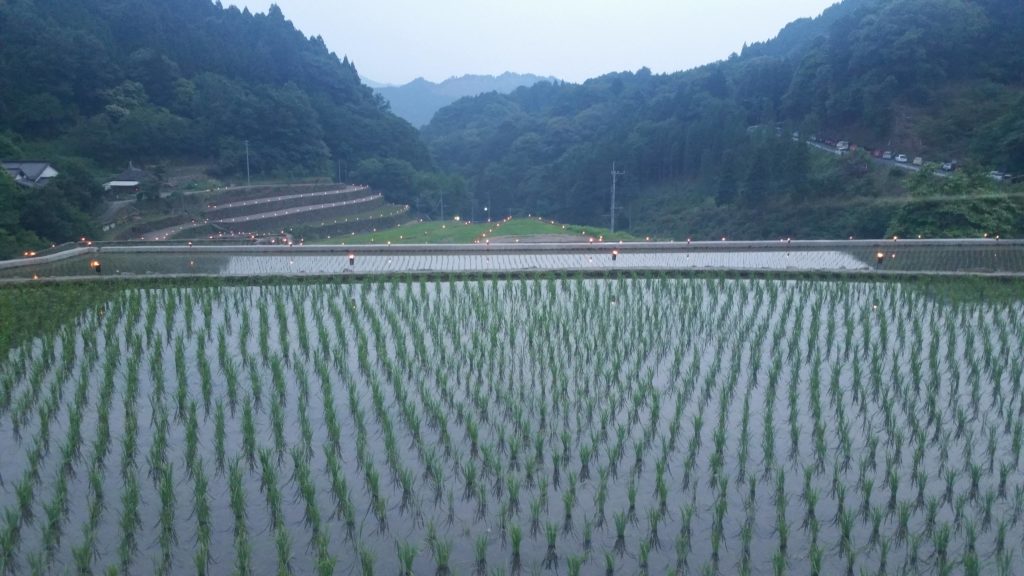
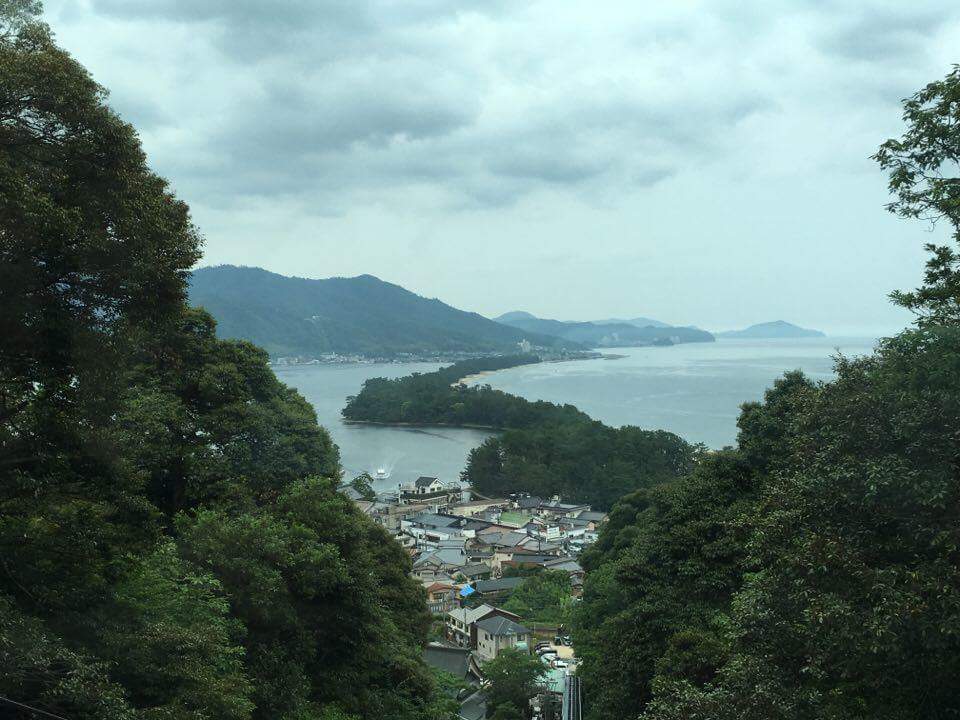
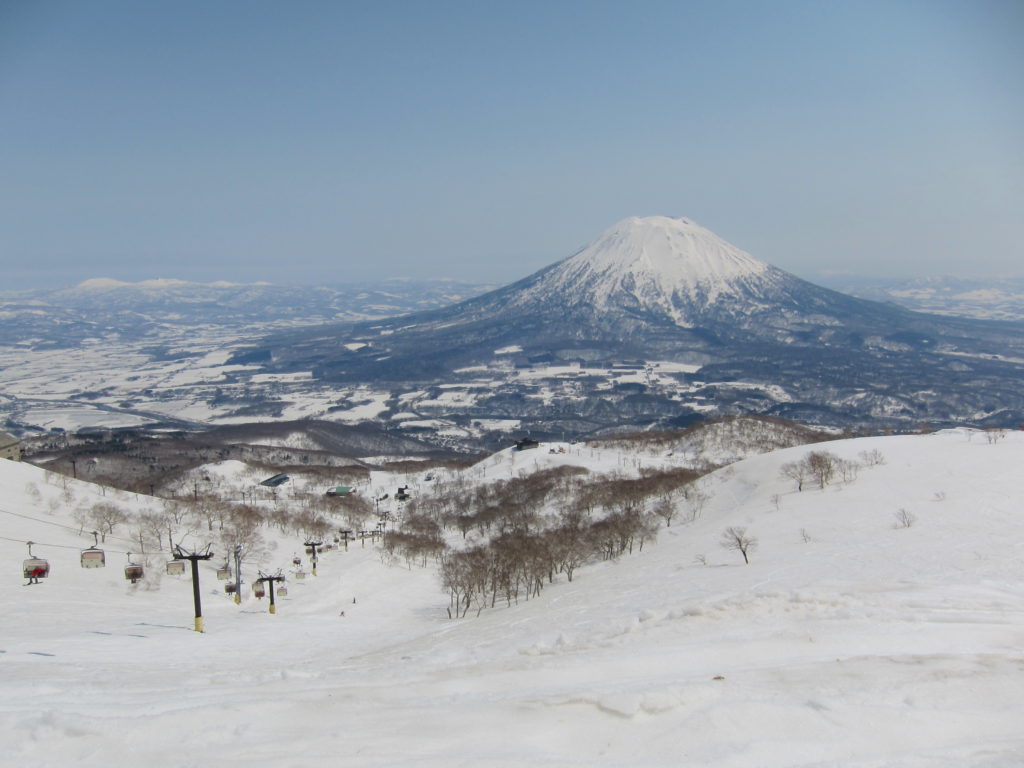
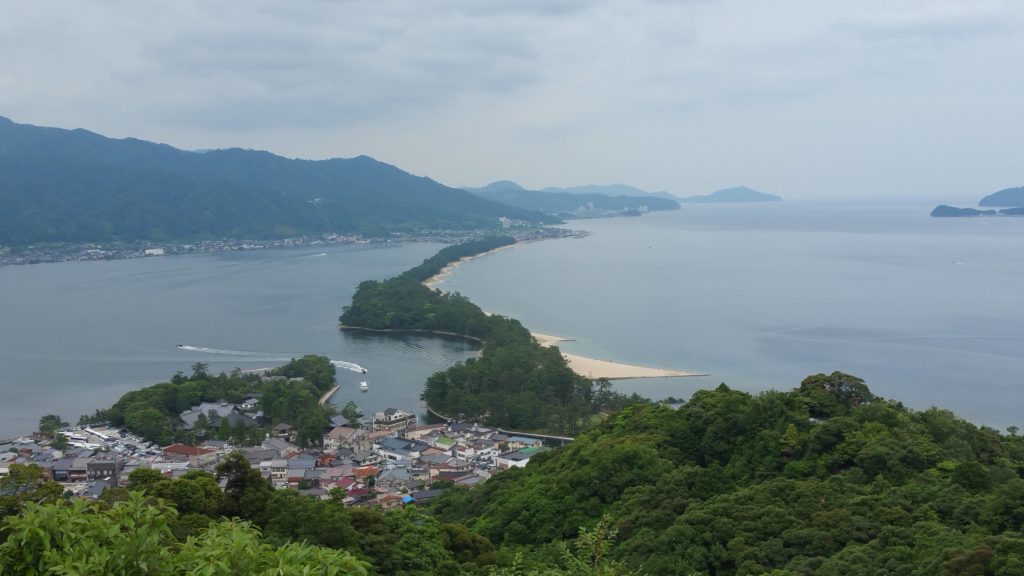
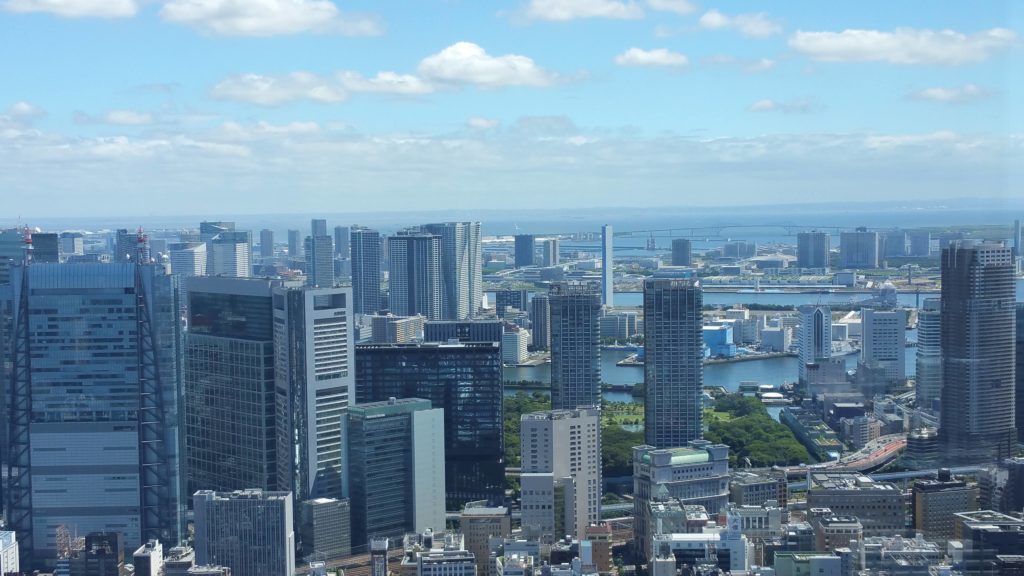
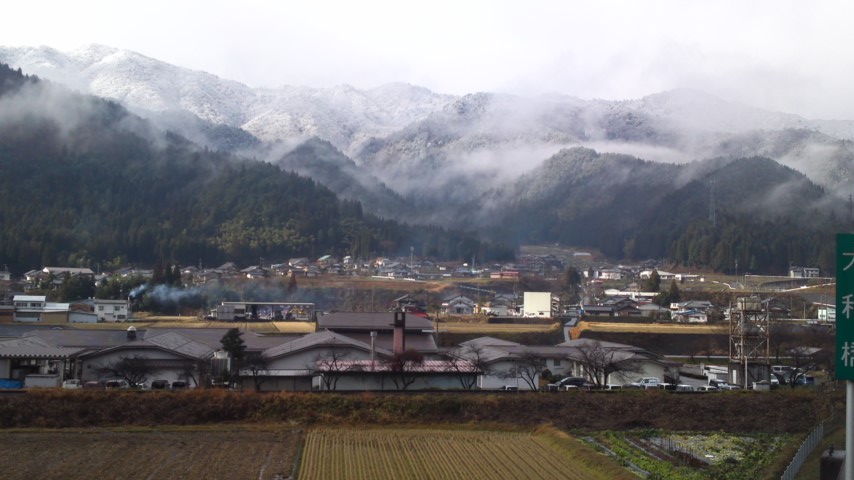
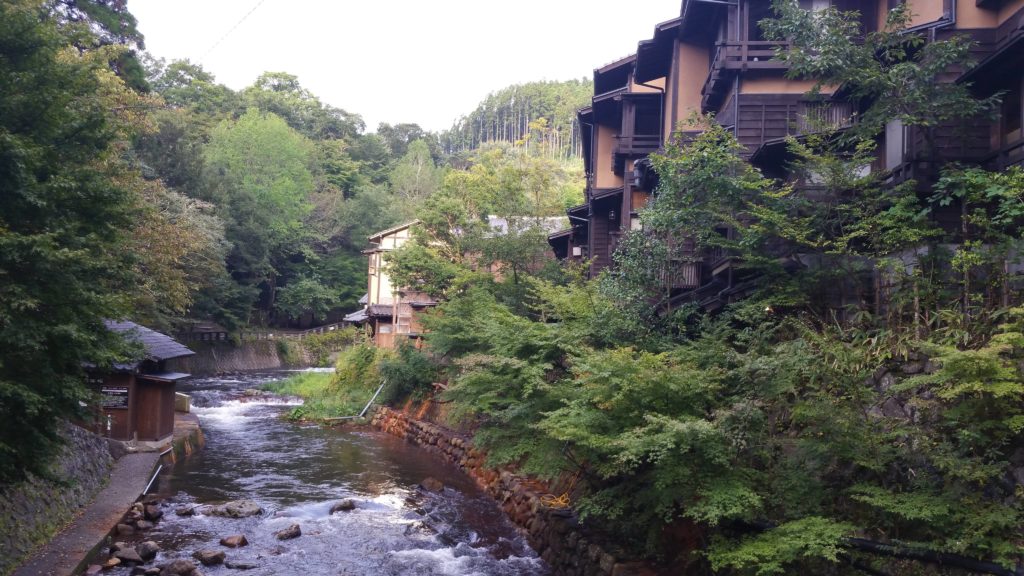
What were the biggest challenges when it came to working for big Japanese companies and how did you manage to impose yourself?
Obviously, there were enough challenges, and if I were to list the biggest ones, they would probably be: the fact that when I started working in Japan my level of Japanese was the one of a beginner (although in time I realized that not being Japanese was what contributes more than the Japanese language itself), I have always been the youngest person in the room and, of course, I am a woman.
These challenges were obvious from my first job in Japan, where I started working at the same time with a colleague who, although was less qualified than me, had a higher starting salary than mine. It was then explained to me very clearly that this financial “difference” (nowadays we call it “discrimination”) is due to the age difference between us (he is a few years older than me) and the fact that because he is a man, he’s placed in a different salary scale. I have learned, however, to overcome such emotional impediments and to extract the best from every opportunity that is offered to me. Subsequently, the evolution of my colleague in terms of his career was far from spectacular. This life lesson also showed me that not everyone wants an accelerated career growth and that not everyone is ready to overcome emotional impediments and short-term organizational limitations.
I don’t know if this is the best solution, but the way I managed to grow in my career was through a lot of work. I quickly understood that I have to accept the differences that I cannot change (sex, age, nationality) and that I have to find ways to turn them into added value. So I always made sure that any effort made was double or triple that of anyone else on the team / company.
I learned to develop close relationships with both colleagues and local managers, which helped me facilitate communication and collaboration, despite differences between Japanese and local employees in companies / branches / teams abroad.
And I also learned to be patient – I fail this from time to time because I’m used to an alert work pace, but since everything needs to be done step by step in Japan, I’ve learned that resilience is important. In Japan, more than in many other countries, it is important to respect the local culture and to follow the written and unwritten rules, and be patient with any changes you want to make. As a young woman there have been many occasions when I have not been taken seriously and sometimes I have been completely put aside, but patience and perseverance have spoken their word in the end. Thus, I managed to reach the position of director in a global financial institution since the age of 29, which is extremely rare for a foreigner in Japan.
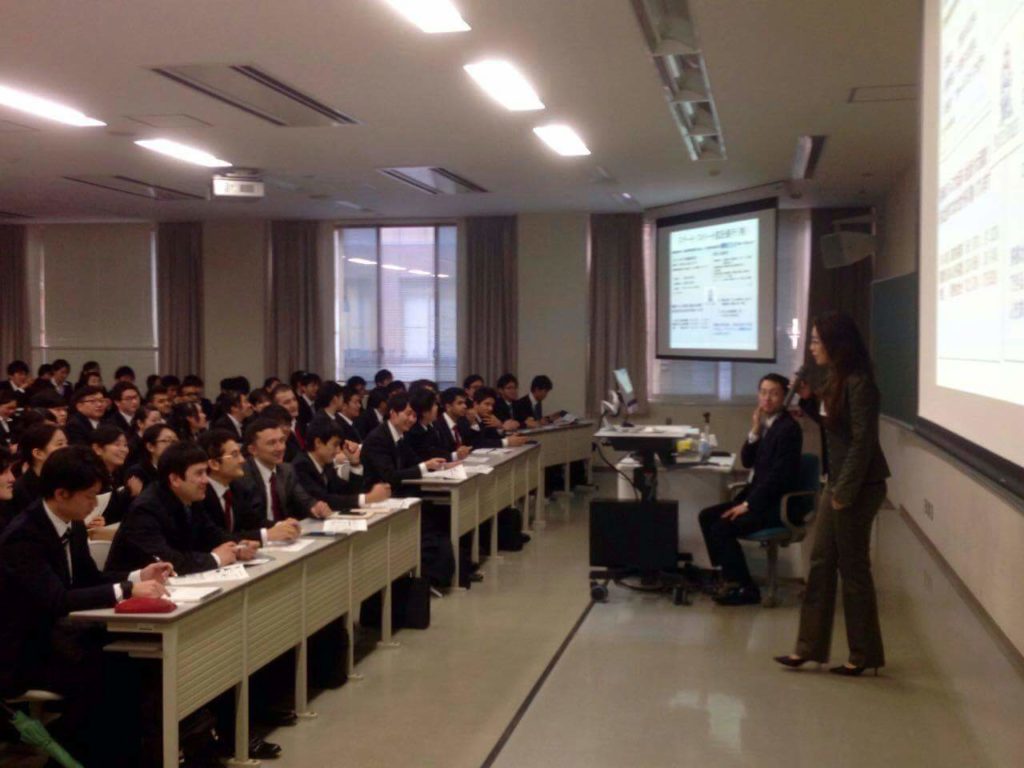
What did you like most about Japan?
As I mentioned above, it is very difficult for me to explain what I like about Japan. After a decade spent in the Japanese archipelago, everything that could surprise a newcomer, seems very normal to me. Many times, I don’t even notice the differences, being so used to them. Having the opportunity to work in the Middle East for the first time this year, I can mention, however, the things I miss the most in Japan: punctuality, respect for the rules, impeccable cleanliness, civic and team spirit (which although in Japan can be taken to the extreme sometimes, its lack is felt terribly outside), and, of course, the FOOD! (especially the diversity of Japanese cuisine).
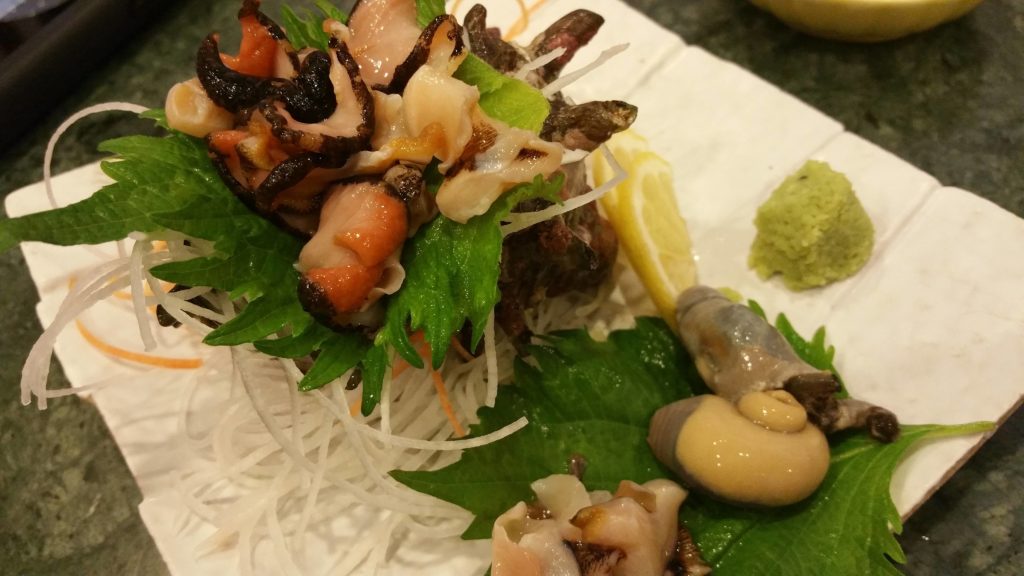
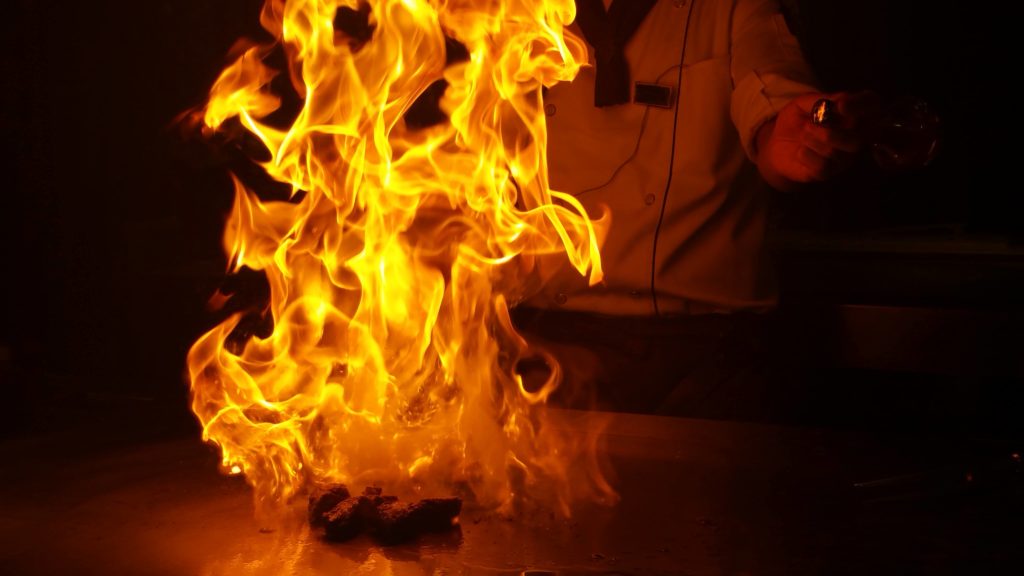
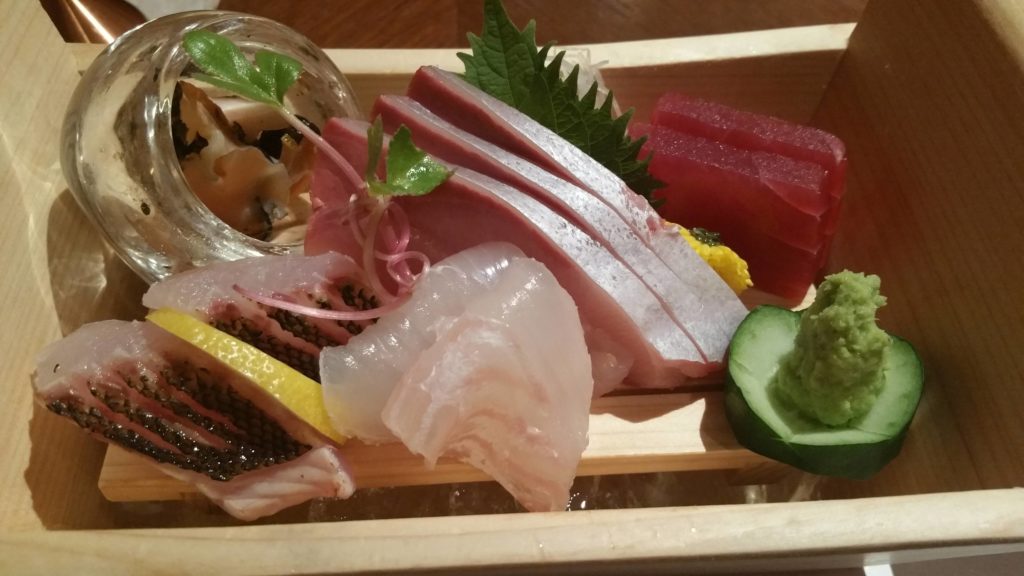
How are Romanians perceived there?
It depends on the generation, I would say… The older generations know a few things about Romania – either they are Hagi, Comaneci, Dracula fans, or they are enthusiastic travelers who visited Romania 20-30 years ago and are curious to know what changes are taking place in our country – and they have a positive image about Romania. I was very pleasantly impressed to meet many Romanian-speaking Japanese.
The youth, however, is the one who knows nothing about Romania, some have never even heard the name of the country. It has become a habit to specify the fact that I am from Bucharest, not Budapest. I was always amused by this, but I considered it a perfect opportunity for cultural education for the young Japanese I met, and they are really interested in cultural differences.

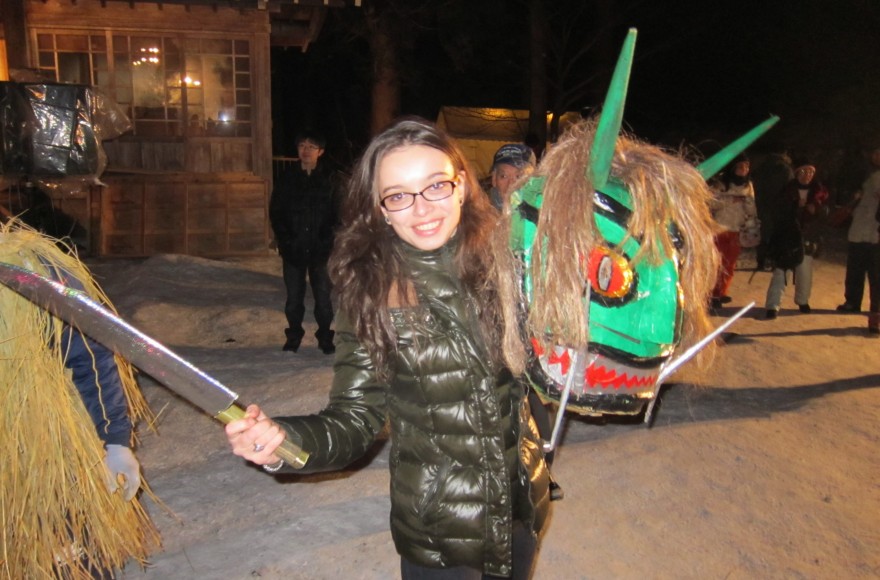
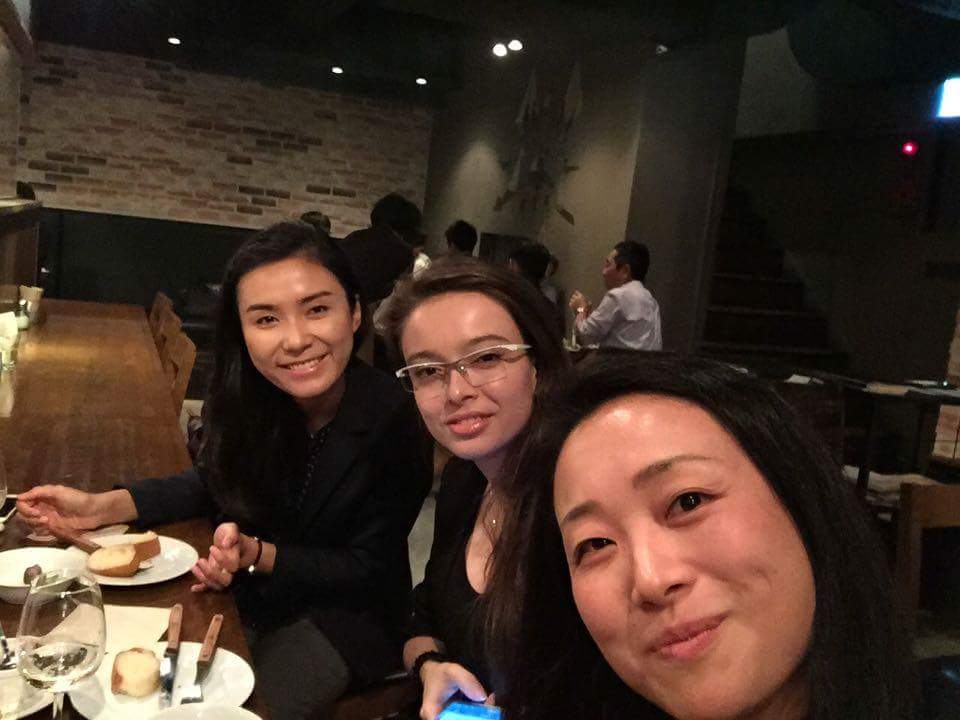
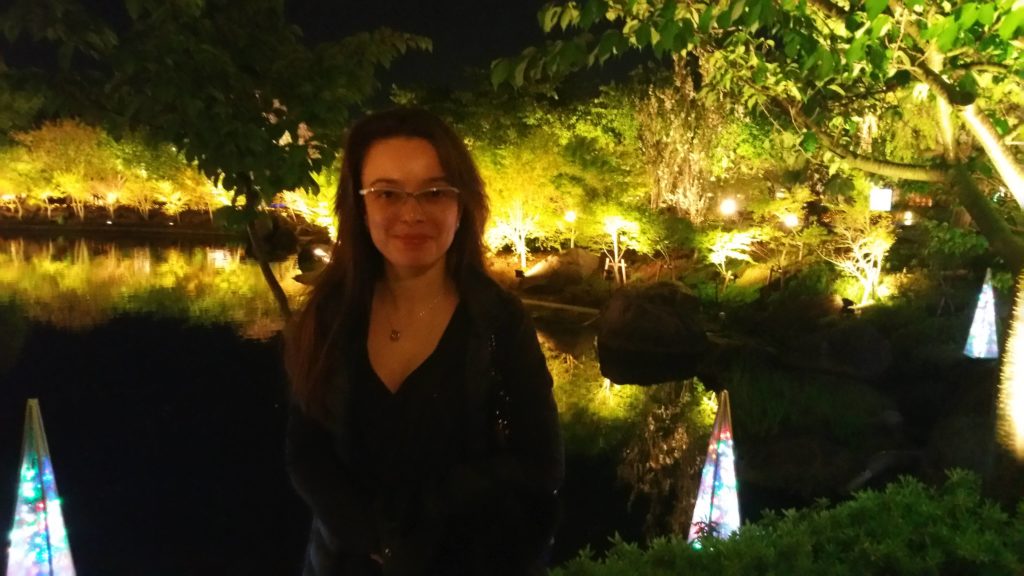
What is your dearest memory of the Center?
It is very difficult for me to choose only a dear memory related to the Center because I have a lot, but I will limit myself to mentioning, briefly, one that probably impressed me a lot. Waiting to enter a classroom, I found out about the Center by chance when I saw a pamphlet with a tea ceremony session organized by the Center. And now I remember that a friend from the group offered to accompany me, as he had nothing to do with Japan, but he made the effort to come with me. At the end of the session I wanted to find out more details about the Center and about the registrations, but being busy I was tempted to postpone and move on. Then Serban suddenly appeared in front of me and convinced me to enroll in classes. Apparently, after the conversation with Serban, my enthusiasm for the opportunities offered by the Center was so visible that the friend who accompanied me seemed to have predicted something, telling me: “Japan writes on you!”, and the rest is history!
Although the first instinct was to mention more important moments spent at the Center, such as the summer camp in Romania (2009) or the first Cultural Program in Japan organized by CSRJ (2010), etc., it seems to me that the gestures of attention that are more “small” are those that define the atmosphere at the Center and those that have a long-term impact, these can influence the future of the participants / students. Without that meeting with Serban at the end of the tea ceremony, it is very possible that I would have chosen a different direction than the one I’ve been on so far. Therefore, I think it is important to appreciate as such these “small” but essential moments.
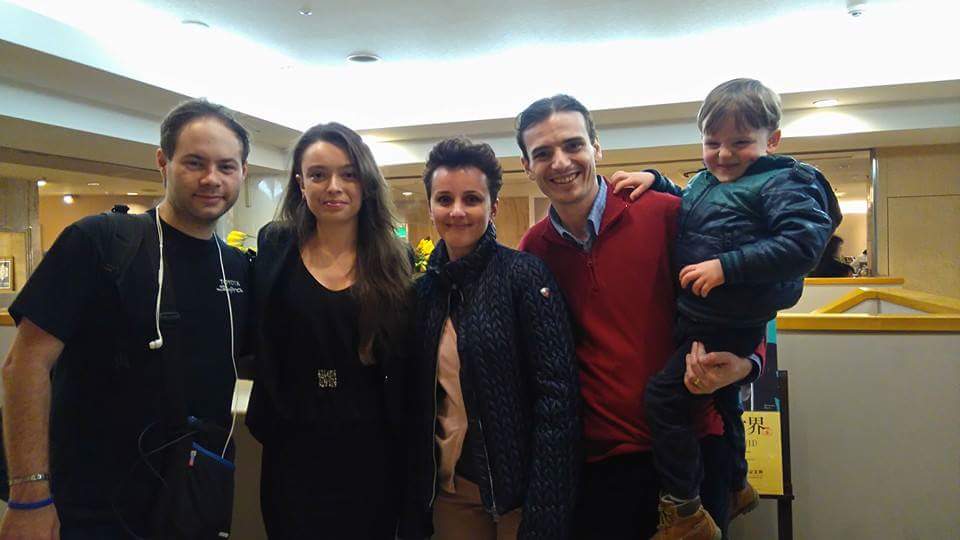
Finally, any greetings, for the anniversary?
First of all, I would like to congratulate all the employees and volunteers, current and former, for all the wonderful achievements. Their dedication is what has given me and many others opportunities that we never thought about and without which we would probably not be where we are now.
The only wish I would like to send you is to keep growing!
Good luck to everyone !!

